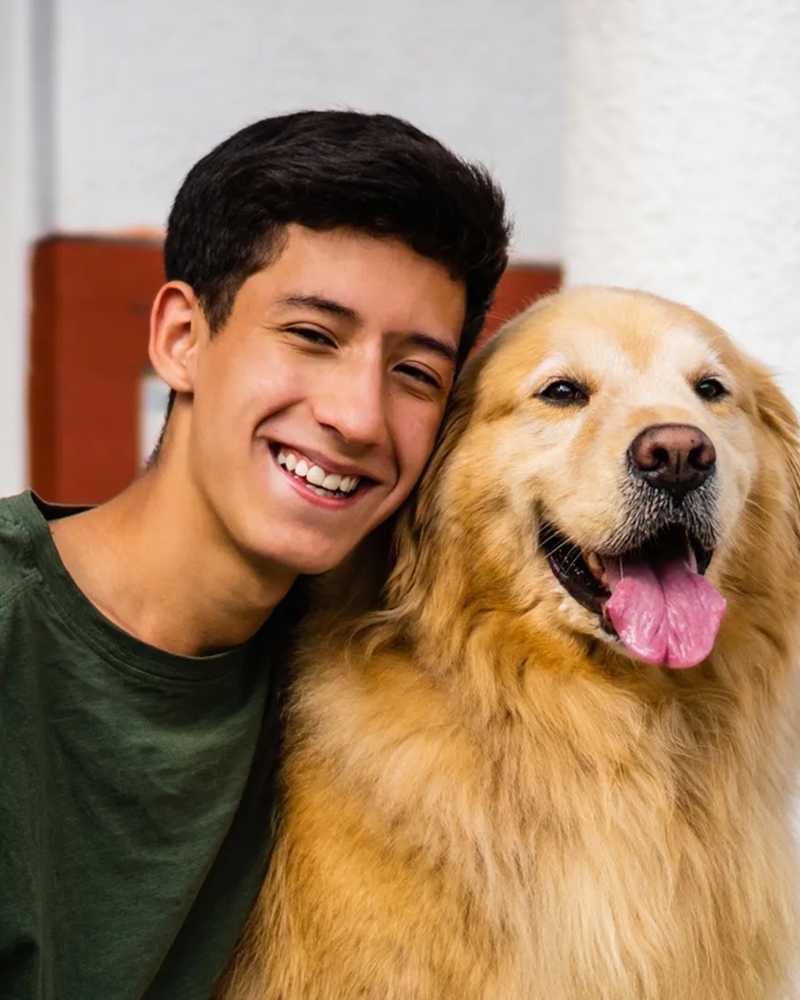“Navigating through his academic journey, Nick has always faced challenges,” shared Jan, Nick’s mother. Diagnosed with severe ADHD during fifth grade, Nick has exceptional intelligence; however, his disability hinders his ability to concentrate for extended periods in a classroom setting. Despite managing to keep up academically until middle school, the increasing difficulty of the work led to frustration and, ultimately, a complete lack of effort in completing assignments. Jan explained, “When he couldn’t accomplish the tasks, he would become disruptive, hindering both his learning and the classroom environment.”
During the pandemic, classroom issues took a temporary pause as Jan and her husband Matt had the opportunity to closely support Nick’s education at home until his return to school in eighth grade. Unfortunately, Jan noted that he soon became a problem, as she and Matt would receive daily calls regarding his disruptive behavior. This adversely affected Nick’s friendships and labeled him the “problem child.” Consequently, Nick’s parents decided to homeschool him, which proved successful. Jan shared, “It worked well because I could provide one-on-one support and breaks as needed. The flexibility allowed him to sleep in, and we could stay up late to complete homework.”
While Nick could complete his assignments, he keenly felt the absence of his peers. Jan explained, “Meanwhile, his friends were experiencing typical teenage activities like attending games and dances while he remained at home.” The absence of these rites of passage and the missed opportunities for social and emotional growth began to take a toll on his mental health.
Subsequently, the family explored options for Nick’s freshman year and decided to give public school another chance. Jan said, “The first month went smoothly, but then he started getting into fights and being disruptive as he struggled to find his place among his friends. Although his teachers did what they could, the class size of 40 students made it challenging despite his accommodations. He felt increasingly lost, sinking deeper into a hole.”
During this time, a school counselor mentioned the new Hanna Academy, but the option wasn’t seriously considered until Nick’s school moved to expel him. Recognizing that his disabilities required more specialized support than the public school could provide, Nick’s parents and the administration agreed to explore Hanna Academy. The counselor encouraged them to learn more about the Academy, where Nick would receive individualized instruction from staff who understood how to work with learning disabilities effectively. Additionally, he would have the opportunity to be among peers, albeit in a much smaller setting.
Before making any decisions, Jan decided to visit the campus unannounced. The academy’s principal, Courtney Jackson, noticed her and warmly invited her to sit down and share more about Nick. Jan recalled, “He was incredibly welcoming and took the time to explain what they were doing at the academy. His words put me at ease, and I was genuinely impressed with what he had to say.”
Around the same time, the new Community Mental Health Hub opened on Hanna Center’s campus, further boosting Jan and Matt’s confidence that mental health was prioritized in all of the Center’s programs. They arranged a tour that included Nick, who remarked, “I think I could learn here. It could be a good fit for me.” When reminded that he would transition from a school with 4,000 students to a significantly smaller population, Nick responded, “Yeah, I think I’m ready.”
Fast forward to the end of the first quarter, and Jan happily reports that Nick is thriving. “He comes home eager to discuss what he’s learning in class, something he has never done before in his academic journey. He’s figuring it out with the support he needed, and I can see his progress,” she shared.
When Matt asked Nick what he liked most about school, he said, “Dad, I can tell that the teachers really care. They care about me, and they’re not faking it.” Jan said that the comment spoke volumes. “He finally feels seen,” she said.
